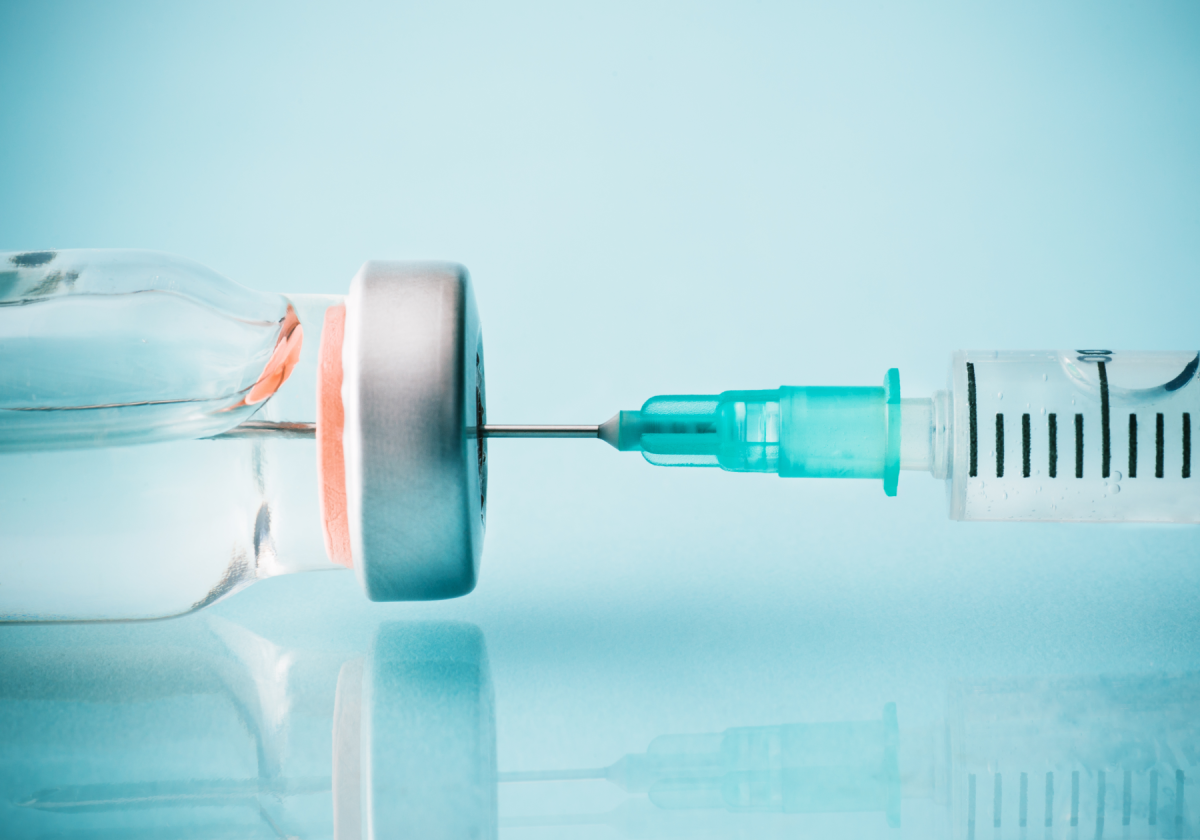Adar Poonawalla, CEO of Serum Institute of India (SII), announced the launch of the first made-in-India Human Papillomavirus (HPV) “CERVAVAC” vaccine for the prevention of cervical cancer on Tuesday. The event was attended by Home Minister Amit Shah, Adar Poonawalla, and Prakash K Singh, Director of Government & Regulatory Affairs at Serum Institute of India.
“On the occasion of India’s National Girl Child Day and Cervical Cancer Awareness Month, @SerumInstIndia is pleased to launch the first made-in-India HPV vaccine by the hands of our Hon’ble Home Minister Shri @AmitShah Ji. @PrakashKsingh7,” tweeted Adar Poonawalla.
‘CERVAVAC’ is an outcome of a partnership of DBT and BIRAC with the Bill and Melinda Gates Foundation, supported by Serum Institute of India Private Limited for the indigenous development of quadrivalent vaccine through its partnership programme ‘Grand Challenges India’.
Earlier in December last, Dr NK Arora, chairman of the Covid working group, National Technical Advisory Group on Immunisation (NTAGI) had said that it is expected India to get the HPV vaccine, by April at one-tenth cost.
Speaking to ANI, Dr Arora said, “There are two or three companies which are in the process (of manufacturing the vaccine in India) but the Serum Institute of India (SII) has already got the regulators’ clearance and the vaccine should be available for our patients by April or May 2023.”
“The vaccine should be available soon. I don’t know the exact cost yet but am given to understand that the cost of the vaccine will be one-tenth of the internationally-branded vaccine currently available,” he added.
Dr Arora further informed that almost 80,000 cases of cervical cancer occur in India every year.
“During the last 24 hours, our country lost 95-100 women due to cervical cancer. India accounts for the bulk of deaths from cervical cancer in the world. Almost 80,000 cases are reportedly worldwide every year. What is important to note here is that cervical cancer is entirely preventable through vaccination. The Human Papilloma Virus or HPV causes cervical cancer and a vaccine is available which can prevent it,” he added.
He said the Union government will be able to roll out the HPV vaccine as part of its national health programme for girls aged between 9 and 14 years.



